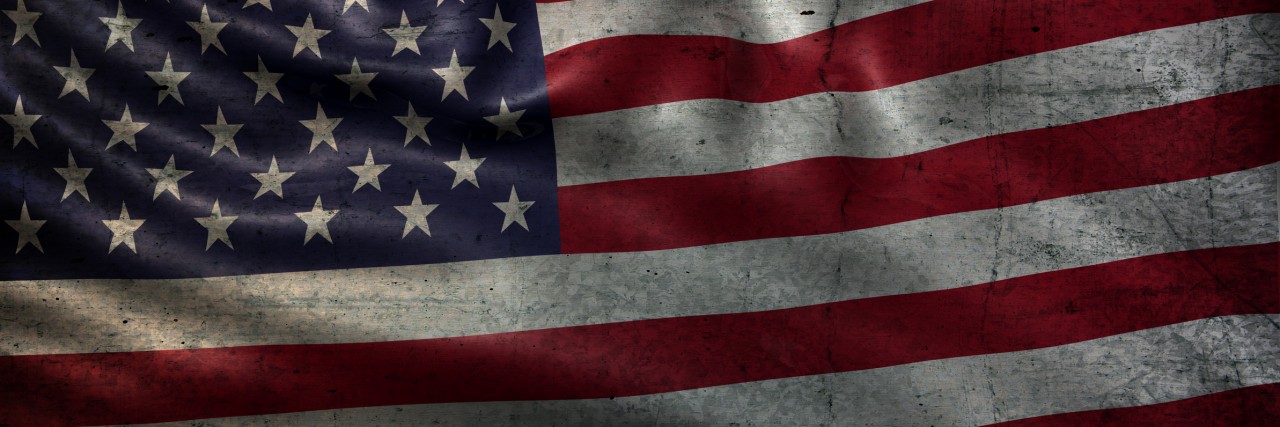Breaking the taboo surrounding depression, anxiety, and suicide is now more important than ever.
During the days following the 2016 election, suicide hotlines received a record influx of phone calls from people all across the nation vocalizing their anxiety regarding what the future holds.
Although it is unclear how the next few years will unfold, what remains constant seems to be a feeling of separation among us. With a Trump administration entering the White House, the people of the United States are more divided than ever.
Because of the overwhelming emotional responses arising due to the elections results, it will be easy for those struggling with isolation and oppression to sink into uncertainty. If not addressed, those feelings can lead to depression and even suicide over time.
Suicide rates are on the rise. There are more self-inflicted gun violence incidents now than firearm murders in the U.S. Overdoses are wreaking havoc on rural areas. LGBTQ individuals are at great risk for suicide. Veterans are dying by suicide every day, and depression in the homeless community is alarmingly high.
Suicide is not just a United States problem either. It is a global one.
Many people are dying alone, conflicted, and confused. All ages, races, and genders are dealing with pain – and we need to talk about it.
A major problem with vocalizing depressive thoughts though is the fear that others will not relate. However, when looking into the aftermath of the election, there is a sense that many are dealing with deep emotional pain in some way or another. This may allow those struggling with personal problems to see that it is OK to discuss their emotions.
Pain spreads passed political affiliations, gender, race, sexual orientation, religious differences, financial status, and the many other factors that divide us individually.
In my own life, feelings of anxiety and dread seeped in through a suicide attempt by a close family member earlier this year. The sudden change produced a wide range of emotions that was difficult to keep bottled down. This pent-up isolation eventually led to being fired, since I was unable to communicate the pain I was feeling at the time – thus my productivity dropped.
After all that, the importance of transparently talking about “taboo” subjects like suicide has allowed me to heal myself with the help of others. Opening up about my own experience unexpectedly brought in supportive people who had gone through similar events in their lives. This in turn provided strength to help those who are dealing with similar emotions to open up themselves too.
Even though the future is uncertain, we need to band together and reveal to each other that we have a lot of the same feelings deep down. Despite our differences, deep-seeded emotions are something that can bring us closer. Whether that oneness is founded in family connectivity, friendship, romance, or political activism, we must figure out what we can relate to. And talking openly about anxiety, depression, and suicide will allow those who feel isolated to bridge the gaps.
Those who are striking up the courage to discuss issues of pain must have the support of those surrounding them, which is why an understanding of these emotional subjects is important, especially after this sporadic election.
If done properly, our nation can begin to heal ourselves and realize we have a lot more in common with each other than previously thought.
If you or someone you know needs help, visit our suicide prevention resources page.
If you need support right now, call the Suicide Prevention Lifeline at 1-800-273-8255.
We want to hear your story. Become a Mighty contributor here.
Thinkstock photo by hektor2

